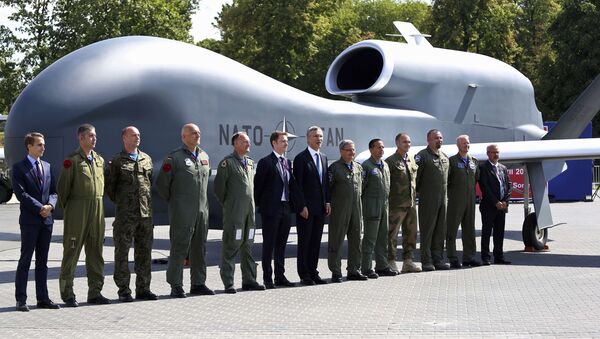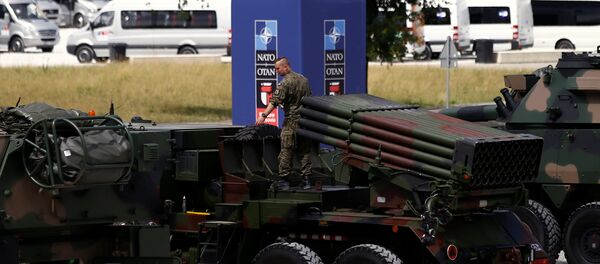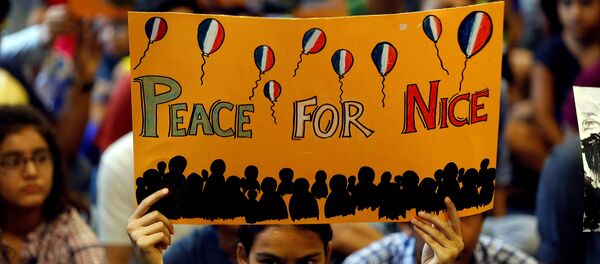If there is no enemy, what is the reason for the existence of the alliance, he wonders.
The search for a "main enemy," and with it the search for a new identity of the organization, still had a major impact on the Czech Republic, the diplomat notes.
NATO was created as an alliance to deter, to confront and counterbalance the expansion of the Soviet sphere.
It was a simple binary: you were either in one camp or in the other, he says. But what was to be done when the Soviet version of the world disappeared, he goes on to ask.
A common enemy is what unites the allies, the diplomat says.
Whether it's a hostile country or an idea, he further notes, every ally needs to understand it is a threat to each of them and why it outweighs all their own potential differences.
While the Soviet Union existed, there were no doubts.
However what has defined NATO’s development over the last 20 years is the search of such an enemy.
The key issue for NATO therefore still remains the question of who is now the "main enemy" of the alliance. Despite all the unpredictability of the Kremlin rulers, the diplomat argues, there had been no “new Soviet Union”, even within Russia.
Hence NATO stopped fighting countries, even though not many noticed the ideological shift, and started fighting ideas, Kmonicek notes.
That explains why today those who have ideas that are alien to the West are branded as opponents and adversaries, and not as enemies.
Opponents do not pose a threat. It is their ideas which do, he says. And as soon as opponents abandon their ideas, they will become partners.
This, the diplomat says, explains why Russia is not an enemy but is rather an opponent. Meanwhile, the international terrorism represented by the Islamists is clearly an enemy, which should be destroyed without any dialogue.





